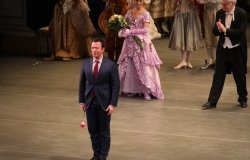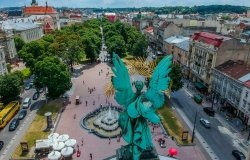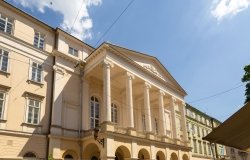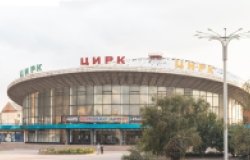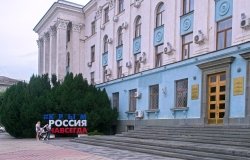#182 For an Anthropology of the Brazilian Tradition
By Roberto Da Matta
Summary
In this working paper, Roberto Da Matta, from the University of Notre Dame writes a sweeping overview of the historical roots and theories of Brazilian "culture." As he writes, "When one speaks of tradition, care should be taken to avoid turning it into a mystery. To do this is to fall into a relativism that social anthropology has consistently avoided. Man and his societies are certainly diverse, but once differences are discovered, one must show how one difference can be turned into another; that is, one must go back over the road, retracing it inversely. Otherwise, all that is left is a catalogue of mutually inaccessible human experiences. Traditions reveal not only differences but similarities as well."
Related Programs

Latin America Program
The Wilson Center’s prestigious Latin America Program provides non-partisan expertise to a broad community of decision makers in the United States and Latin America on critical policy issues facing the Hemisphere. The Program provides insightful and actionable research for policymakers, private sector leaders, journalists, and public intellectuals in the United States and Latin America. To bridge the gap between scholarship and policy action, it fosters new inquiry, sponsors high-level public and private meetings among multiple stakeholders, and explores policy options to improve outcomes for citizens throughout the Americas. Drawing on the Wilson Center’s strength as the nation’s key non-partisan policy forum, the Program serves as a trusted source of analysis and a vital point of contact between the worlds of scholarship and action. Read more

Brazil Institute
The Brazil Institute—the only country-specific policy institution focused on Brazil in Washington—works to foster understanding of Brazil’s complex reality and to support more consequential relations between Brazilian and US institutions in all sectors. The Brazil Institute plays this role by producing independent research and programs that bridge the gap between scholarship and policy, and by serving as a crossroads for leading policymakers, scholars and private sector representatives who are committed to addressing Brazil’s challenges and opportunities. Read more


